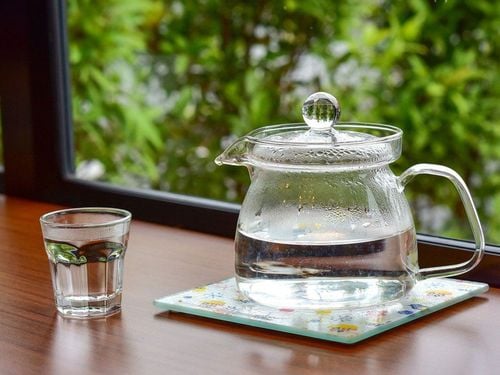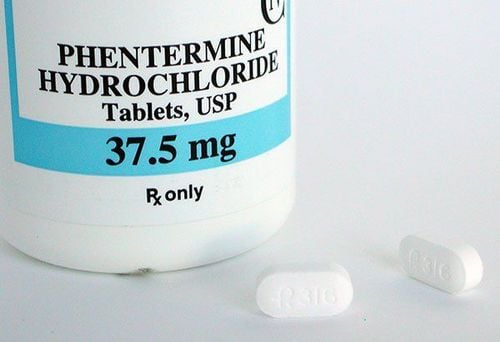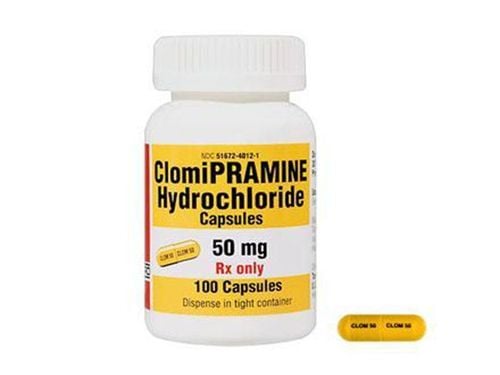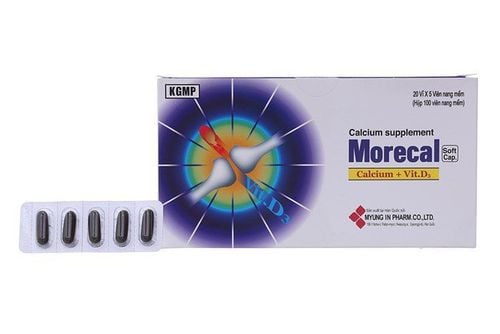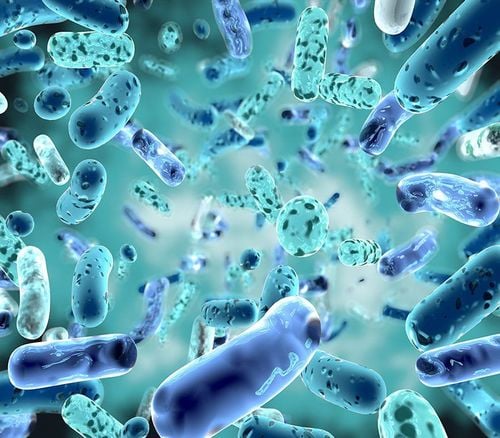This is an automatically translated article.
The aging process is an inevitable trend that happens to anyone. Although most people go through this process at different times, scientists have identified the most common changes that everyone experiences. By understanding what aging is and what changes it brings to your body, you can learn to accept the natural process and gradually change your habits and lifestyle now to slow down. that process.
1. The cardiovascular system works harder
As age increases, the cardiovascular system is also changed by the aging process. The blood vessels and arteries become thicker and stiffer, and the heart has to work harder to pump blood. This can lead to high blood pressure and other heart problems.
Some suggestions to improve cardiovascular health in the elderly:
Maintain regular physical activity. For example, walking, jogging, swimming, yoga, tai chi .... Even daily exercise helps the elderly to maintain a moderate weight and lower blood pressure. Eat more fruits and vegetables. and cereals to maintain a healthy heart Reduce stress , stress in daily life Get enough sleep . Resting 7-8 hours/night can help improve the functioning of the cardiovascular system.
2. Signs of changes in the skin
As the aging process begins, older people will notice that the skin is drier and less supple than before. The reason is that as you age, aging skin produces less natural oils, limbs lose muscle due to aging, so they appear thinner. Some wrinkles, age spots and skin bumps appear.
Suggestions to slow down the aging process of the skin in the elderly:
Long hot showers will dry out the skin, so take a warm bath and give preference to the shower. Wear sunscreen often to protect your skin. skin when going outdoors Pay attention and check your skin regularly and consult a doctor if you see strange changes on the skin such as moles, strange bumps... Smoking habits can cause skin to appear Wrinkles are more visible, so it is advisable to limit or best quit smoking.
3. Having problems with hearing - seeing
Many older people often have difficulty seeing near objects (presbyopia, presbyopia), are prone to glare or slow to adapt to sudden changes in light. In terms of hearing, they may also have trouble listening to conversations in crowded rooms, where there is noise, or when the sound is too loud.
Some suggestions to improve vision and hearing:
Get your vision and hearing checked regularly Wear sunglasses to protect your eyes when outdoors Wear earplugs to protect your ears from loud noises

Quá trình lão hóa có thể ảnh hưởng tới thị lực và thính lực
4. Having dental problems
Many elderly people have oral problems, typically diseases of the teeth and gums (periodontitis, cracked teeth, tooth wear, tooth decay, swollen gums, bleeding gums, halitosis, loose teeth). loose and easy to lose teeth, jaw bone loss ...). Some medications make our mouth drier, reducing saliva production. This condition further increases the risk of tooth decay and oral cavity infections.
Suggestions for oral care as you age:
Floss once a day to remove food plaque in the interdental spaces; Brush teeth at least twice a day after meals Use mouthwash at the appropriate time Periodic dental examination and tartar removal every 6 months.
5. Bones are more brittle and break easily
From the age of 40, 50 onwards, your bones show signs of weakening. They become less dense, brittle and break easily. This is the reason why falls are common in the elderly. In addition, the joints of the elderly tend to become stiffer due to reduced lubrication, the cartilage lining between the joints wears down during aging, increasing the risk of arthritis.
Some tips for taking care of bones and joints as you age:
Make sure you get enough calcium and vitamin D through your diet or supplements. Some food sources of calcium include: almonds, dairy products, vegetables like broccoli and kale.... Besides, vitamin D also plays an important role in bones and joints because it helps the body absorb calcium and maintain strength. bone strength. Vitamin D is commonly found in tuna, sardines, egg yolks, milk and many cereals. You can also absorb vitamin D by spending time in the early morning sun.
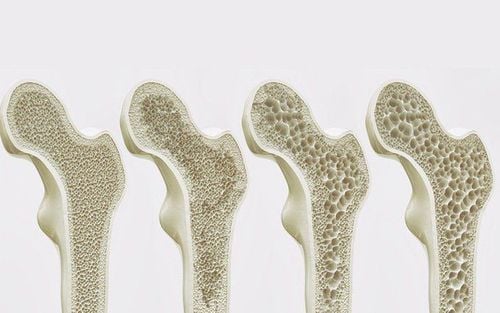
Quá trình lão hóa có thể khiến xương giòn và dễ gãy hơn
6. Constantly having to go to the toilet
When aging, many people often encounter a very "delicate" problem that is difficult to control the bladder. This is called urinary incontinence and usually occurs in 10% of people 65 years of age and older. Some people leak some urine when they cough or sneeze, but there are also those who lose control of their urine before reaching the toilet. Experts suggest that menopause may be the reason for this in women. For men, the cause may be an enlarged prostate gland.
Besides, the elderly may also have difficulty in defecation (passing). Some drugs for diabetes, high blood pressure, epilepsy, Parkinson's disease, iron supplements and narcotic pain relievers... can be the cause of affecting the digestive system, making patients sick. prone to constipation.
To improve the digestive and excretory system, the elderly can refer to the following ways:
Limit the consumption of caffeine, alcohol, soda and acidic foods Do kegel exercises to help contract the pelvic floor muscles, for more effective bladder control To avoid constipation, eat plenty of fiber-rich foods like fruits, vegetables, and whole grains. Combine with drinking plenty of water and maintaining daily exercise.
7. Muscle loss in the elderly
As the body ages, the age-related loss of muscle mass increases, which can lead to muscle weakness and impaired motor function. To prevent sarcopenia (myasthenia gravis, muscle loss in the elderly), you can do some of the following tips:
Some physical activities and sports that help prevent and reverse muscle loss are: aerobics, resistance training (Squat, push-ups, sit-ups, exercises with resistance bands, weights...), balance training (yoga, tai chi...), running or walking ; Eat plenty of fruits, vegetables, and lean proteins like fish and chicken. Foods rich in Omega-3 fatty acids and creatine also help fight aging-related muscle loss. Stay away from sugar and foods high in saturated fat. Overall, aging is a natural process that happens to anyone. Although inevitable, with patience and proactive lifestyle adjustments, we can still enjoy health and joy into old age.
Please dial HOTLINE for more information or register for an appointment HERE. Download MyVinmec app to make appointments faster and to manage your bookings easily.




